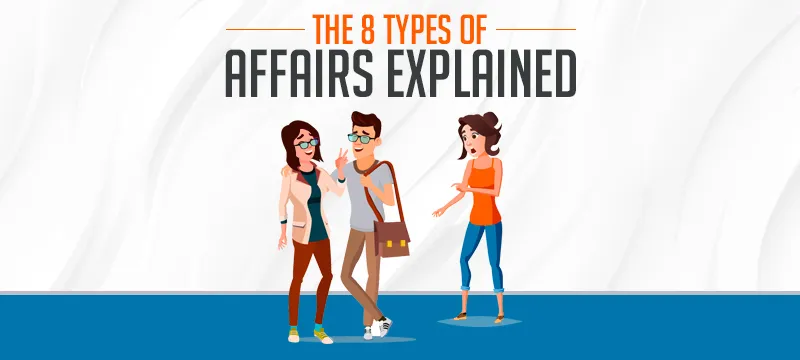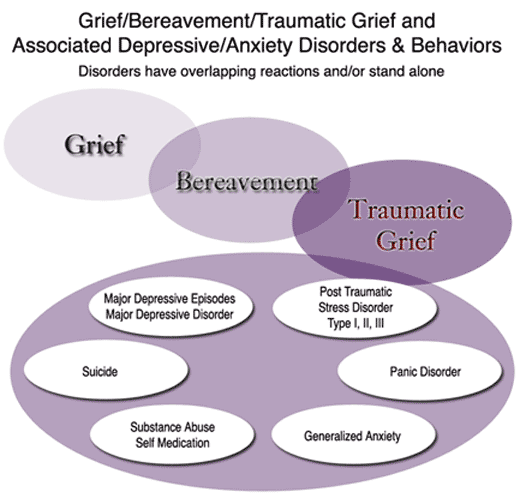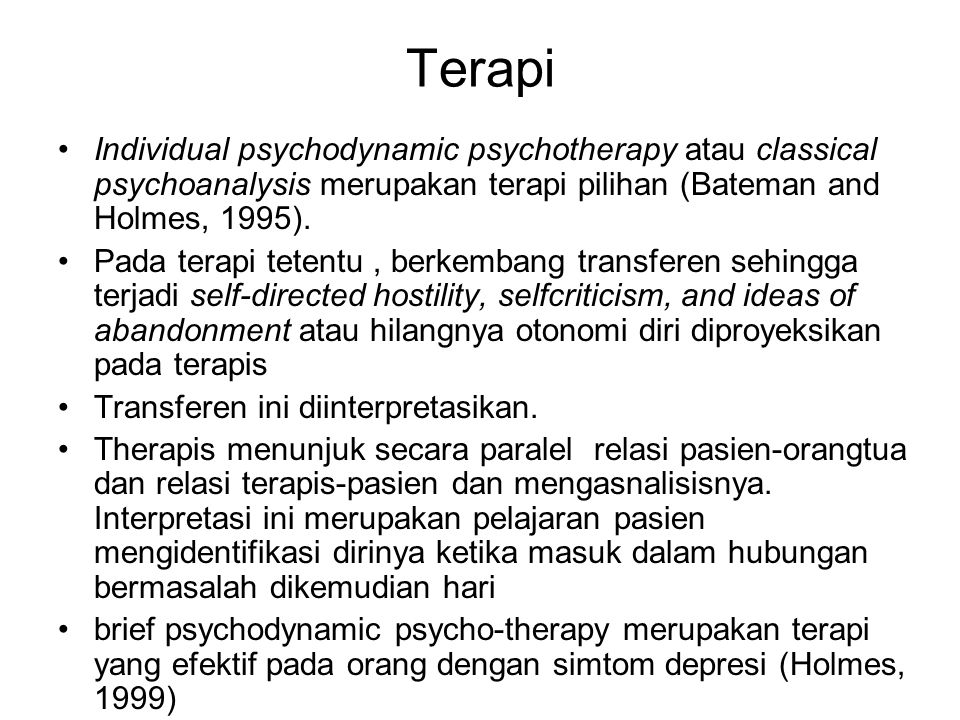Types of affair
The 7 Types of Affairs
The causes of infidelity are complex and varied. Affairs can occur in happy marriages as well as in troubled ones. Here we look at the various affair types and provide a basic treatment strategy for that affair type.
7 step infidelity recovery methodType 1: Accidental Affair
- AKA: The One Nite Stand Affair
Type 2: Avoidance Affair Type
- Intimacy avoidance affair
- Conflict avoidance affair
Type 3:Philanderer Affair
- Womanizer
Type 4: Entitlement Affair
- Royal Affair
Type 5: Split Self Affair (Romantic Affair)
- Romantic Affair
- Mid-Life Crisis
- Coming Out Affair
Type 6: Exit Affair
- AKA: Out The Door Affair
Type 7: Sexual Addiction Affair
- AKA: Sex Addict
Determining your affair type
Take the Affair Type Quiz. This quiz will help you do a quick analysis on the type of affair.
I would encourage you to read the descriptions of each affair type and then determine which one best characterizes your experience. You may notice, your affair condition fitting into several categories and this is entirely possible.
Affair relationships, like any other relationship, do not follow a consistent pattern. For example, what may start out as a “one night stand” has developed into an avoidance affair.
As you are here to find answers to why you were unfaithful, or to why your spouse was unfaithful, I ask you to take a deep breath before you begin. Try and let go of your need to fit into a category perfectly.
The Infidelity Recovery Institute has a treatment plan for each of the 7 affair types. However, you will notice that the treatment plan will not be available for public viewing as the content is sensitive (especially to an individual who has been betrayed).
Trained and certified IRI professionals are able to provide you with the support and guidance to help you process these deep emotional wounds.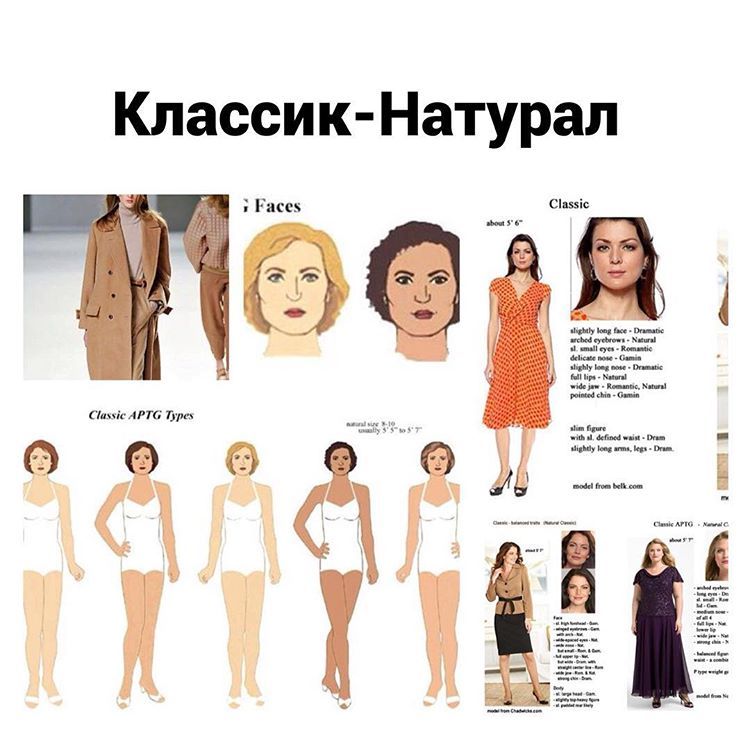
When choosing a professional to assist you with affair recovery, remember that affairs have psychological deep-seeded roots. Check your professional has a foundation in psychology, with years of experience in couples therapy, and has a method/process they current use with clients in affair recovery.
Emotional affairsEmotional affairs, which do not include sexual contact, are also affairs. Although the dynamics are similar, the lack of an overtly sexual component means that the volatility and sense of betrayal is substantially less.
For example, I have found men to be more forgiving if the wife had an emotional affair, over a sexual affair. The sad reality is, that it is more difficult for a women to end an emotional affair over a sexual liaison. Emotional affairs are sexual affairs in the making. I choose to treat and classify emotional affairs, with the affair message they are sending.
The most threatening aspect is not the affair it’s self, but the dishonesty that it casts out over the entire relationship.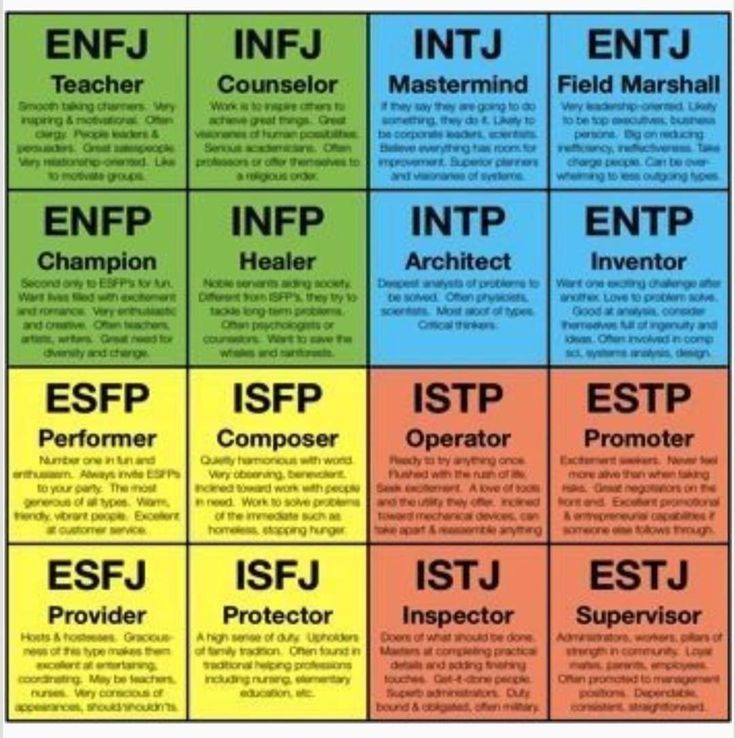
Read more…
Financial Infidelity
Though it is not quite as serious as being with another person, financial infidelity can cause similar issues in regards to trust. Not only do you have to work through this aspect of the relationship, you usually have to work to get out of a financial mess that happened as a result of the financial infidelity.
Read More….
What are the Different Types of Affairs?
Infidelity shatters marriages.
The bond of “‘til death do us part” has been violated. But it’s not as simple as pointing fingers at who the perpetrator is and who the victim is when an affair happens.
Like many things in marriage, an affair is rarely black and white. Relationships are so complicated that nuances will always color the reasons why one spouse chooses to cheat.
This is not to justify having an affair as being okay. It’s simply a means for digging deeper into why affairs happen in the first place. Part of the “why” is understanding that not all affairs are alike.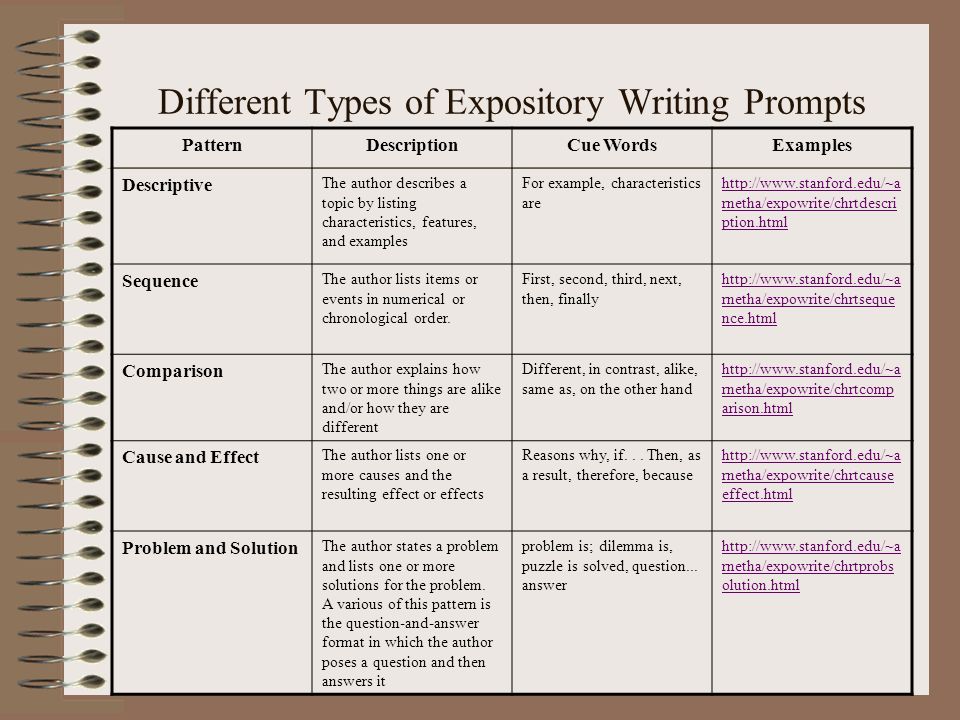 Different motivations drive people into affairs.
Different motivations drive people into affairs.
Understanding these motivations can be a key to healing and staying in a relationship, or it can be a way to heal after your break up and leaving the relationship.
Researchers and experts have identified several “types” of affairs in trying to unlock the mysteries of infidelity. If you’re involved in an affair, identifying with one of these types may provide you with greater insights into your own behavior or your spouse’s behavior.
Let’s take a look at the most common types of affairs:
- The Emotional Affair
- The Romantic Affair That Comes With Attachment
- The “Accidental” One Night Stand
- The Repeat Offender Sex Addict’s Affair
- The Love Addict’s Affair
- The “Screw You” Revenge Affair
- The Strictly Online Cyber Affair
- The “Out-The-Door” Exit Strategy Affair
- Financial Infidelity
1. The Emotional Affair That’s Non-Physical
It may start out as just a “special friendship” with a co-worker, a neighbor, or a parent at one of your kid’s activities.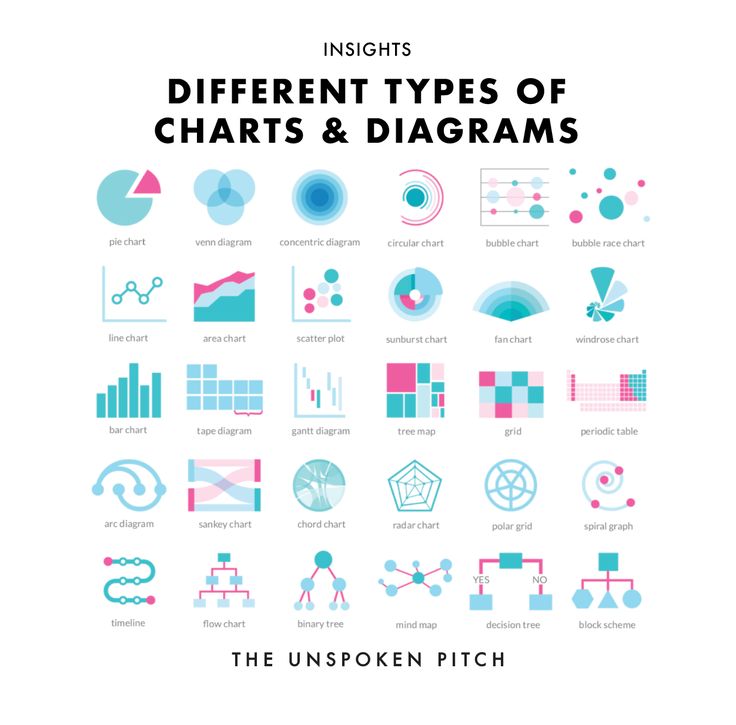 But eventually, that friendship can morph into something more emotionally intimate, and in many cases, it does.
But eventually, that friendship can morph into something more emotionally intimate, and in many cases, it does.
This is supported by the fact that a survey by Simply Hired revealed that 50% of female employees and 44% of male employees admitted to having a “work spouse” at some point in their careers. Part of the reason for this is offloading problems on a work spouse tends to increase job satisfaction supported by the fact that hours and hours spent in close proximity will build a close relationship in many cases.
You may be especially vulnerable if your existing marriage is on the rocks, or you’re not getting emotional validation at home. In a marriage where your spouse is quick to point out your flaws, an emotional affair can prop you up as your friend showers you with compliments that highlight the good parts about you instead.
Many people think that just because physical sex is not involved, that an affair is not really happening. The “technicalities” of not having sex betray the real issue of intimacy that an emotional affair provides.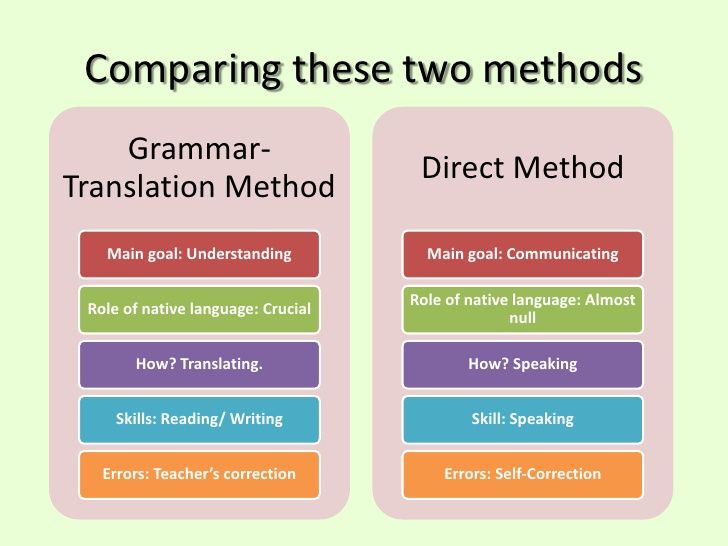 Emotional affairs are born out of a basic human need of wanting affection and admiration. Emotional affairs satisfy those needs.
Emotional affairs are born out of a basic human need of wanting affection and admiration. Emotional affairs satisfy those needs.
And just because no sex is involved, that doesn’t lessen the devastation that can be wreaked on a partner when they find out about your relationship. Some people even argue that emotional affairs are physical affairs that have not yet turned physical.
People in emotional affairs may also become indignant at the suggestion an affair is taking place with a best friend who just happens to be someone of the opposite sex. This, despite the fact that there may be flirting, sexual tension or discussions about sex.
Just like in other affairs, an unfaithful spouse in an emotional affair will try to hide their interactions with the other person. But these types of affairs are often unmasked when a spouse overhears an inappropriate conversation or intercepts a text or email that also oversteps boundaries.
Emotional affairs may not be characterized by a physical component, but this type of affair can also exist when an unfaithful spouse crosses the line and shares information that should be exclusive to marriage.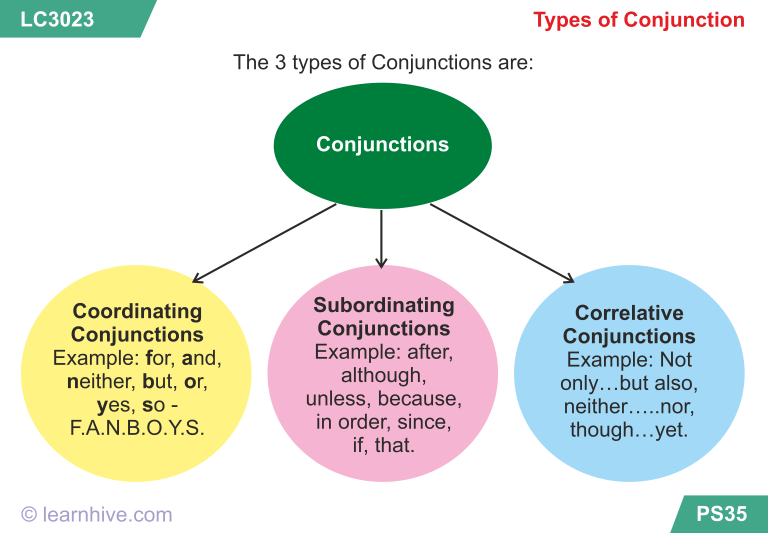 In fact, the offloading of personal information decimates the intensity of the core marriage and destroys an implied trust that is part of the marriage bond.
In fact, the offloading of personal information decimates the intensity of the core marriage and destroys an implied trust that is part of the marriage bond.
2. The Romantic Affair That Comes With Attachment
When people think of traditional affairs, this is generally the type of affair they identify with.
The romantic affair stems from one spouse having an intense attraction to another person. So much so, that they believe they’ve fallen in love and can’t control their emotions.
There may be a level of guilt associated with this type of affair, but it’s justified by rationalizing the affair in a couple of different ways. When emotions are intense, a person may believe that feeling so strong means there’s no way this affair can be wrong.
Friendships can grow into romantic affairs over time, or they may simply be cases of “love at first sight” accompanied by instant infatuation. This supplants what may be ambivalence in a current marriage or a marriage that has grown stale over time.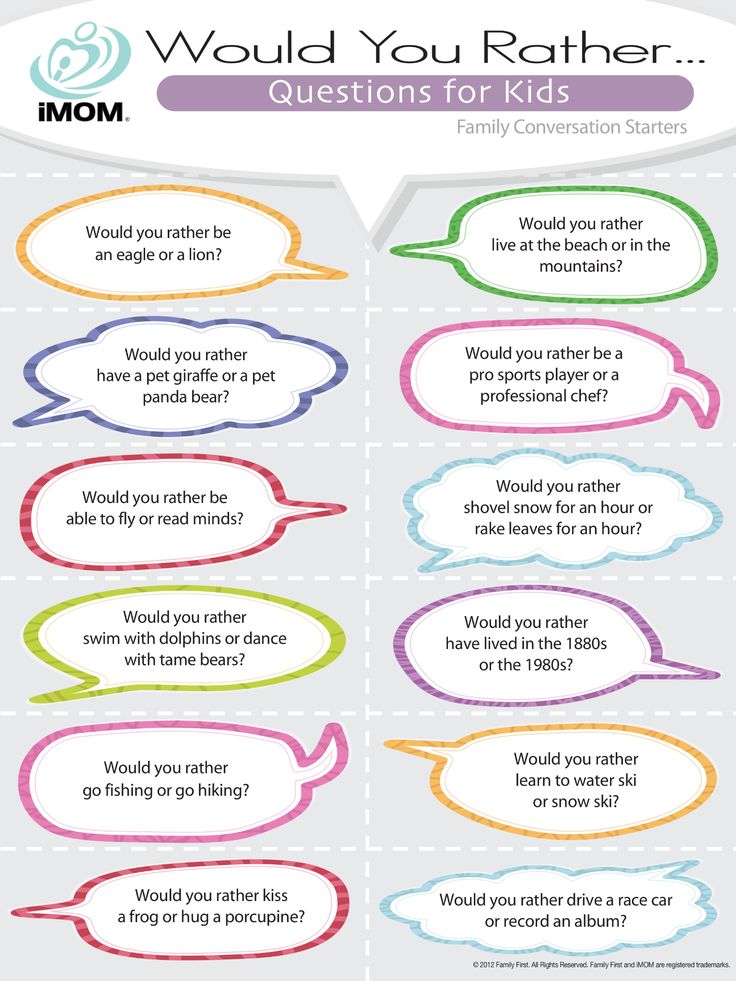
A person may be willing to exchange a romantic affair with guilt at the cost of harming a marriage where they are miserable. These marital defects serve as justifications to continue a romantic affair.
There may also be a struggle going on inside of the spouse who will swing back and forth from the romantic affair to trying to fix what’s wrong in their current marriage. This could be a physical separation or an emotional separation that can go on for a long time.
Indecision about what to do can be complicated by other factors in the marriage. Oftentimes, you may know that their marriage is over, but not want to end the marriage for sake of your children, financial security, or feelings of failure.
If you’re struggling emotionally, be sure to get the support you need. Taking care of your mental health is more important than ever. It takes strength to ask for help. Consider trying therapy online – wherever and whenever it’s convenient for you. Sites like BetterHelp match you with a licensed therapist that’s right for you.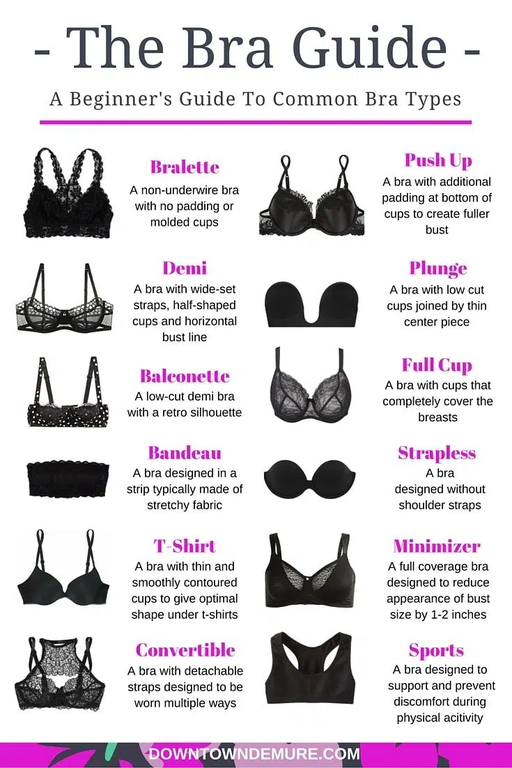 You can connect with your therapist via live sessions on your phone or video chat – or text your therapist whenever you want throughout the day. Check out BetterHelp to get started and get 10% off >>
You can connect with your therapist via live sessions on your phone or video chat – or text your therapist whenever you want throughout the day. Check out BetterHelp to get started and get 10% off >>Learn More: 29 Red Flags That Your Marriage is in Trouble
3. The “Accidental” One Night Stand
Oops! Accidental is in quotation marks for a reason.
If you consciously decide to engage in a one night stand, there’s nothing accidental about it.
However, this doesn’t stop the accidental cheater from being genuinely surprised that they cheated. They’ll often convince themselves that they have no idea in some cases how it happened. It’s not uncommon to say things like “it just happened” to describe the affair.
Impulsive one-night stands can be justified by temporary insanity, the heat of the moment, lots of alcohol, a belief you can get away with it if only for one night or several other rationalizations. It’s an event born out of convenience or opportunity.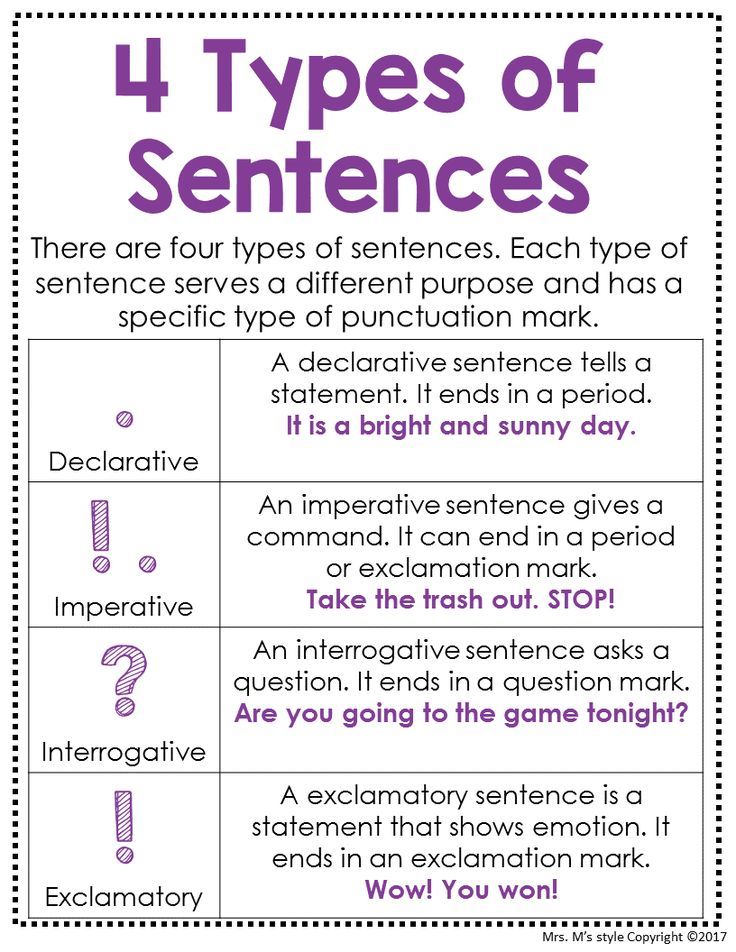 There is no emotional attachment.
There is no emotional attachment.
Business trips provide the perfect setting for a one night stand. Lonely travelers are often set upon by others in the same situation. Or they may enjoy the company of a paid professional sex worker.
Workers in a shared office setting are also vulnerable as well. Working in close proximity and achieving certain work goals can release endorphins that can eventually lead to other shared pleasurable experiences.
Most all people who engage in one night stands stay in their marriages but suffer from guilt or the fear they’re going to be found out. In fact, wanting to stay in their marriage is one of the defining characteristics of this type of affair. Often, there’s no dissatisfaction in a spouse’s current marriage whatsoever.
Key Point: People in these types of affairs actually go to great lengths to hide them because they don’t want to hurt their spouses.People with low self-esteem often engage in one night stands to prop up their own self-image.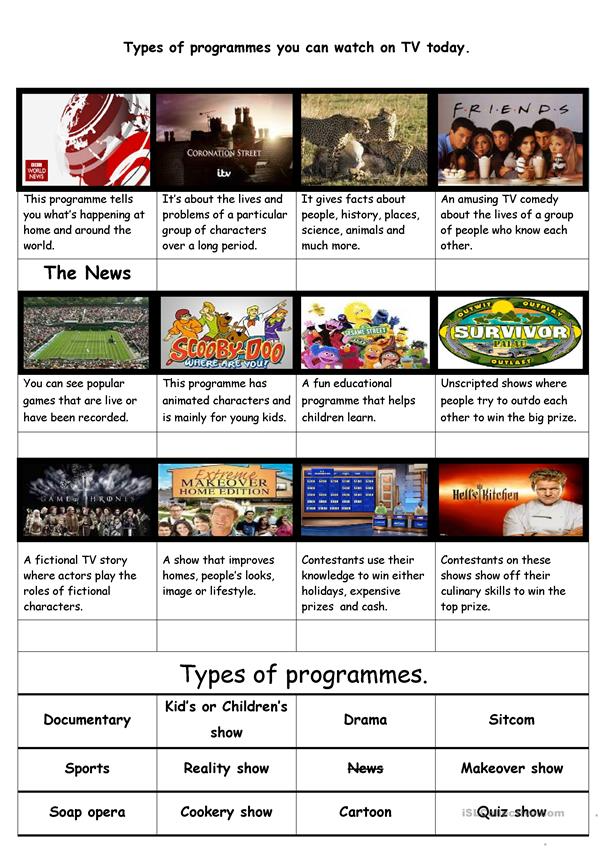 The problem arises when a person becomes a serial one night stand participant, constantly seeking that emotional boost. This is when their type of affair can turn into an Addiction affair.
The problem arises when a person becomes a serial one night stand participant, constantly seeking that emotional boost. This is when their type of affair can turn into an Addiction affair.
Curiosity may also be another contributing factor. Someone who got married early or who are sexually inexperienced may develop a strong sense of wondering what it’s like to have sex with someone else. If others in a person’s peer group are engaging in this kind of activity, it may also arouse curiosity as well.
4. The Repeat Offender Sex Addict’s Affair
When one night stands turn into extended affairs with multiple partners, this can be due to sexual addiction.
There are several high profile examples of this type of behavior. Tiger Woods’ addiction caused him to have several extramarital affairs. Bill Clinton is also another example of sexual addiction leading to inappropriate repeated behaviors.
In other cases, infidelity and sex addiction is a legacy passed down through the generations in families such as the Kennedys where the men are committed to family life but are also known for having affairs that are well documented.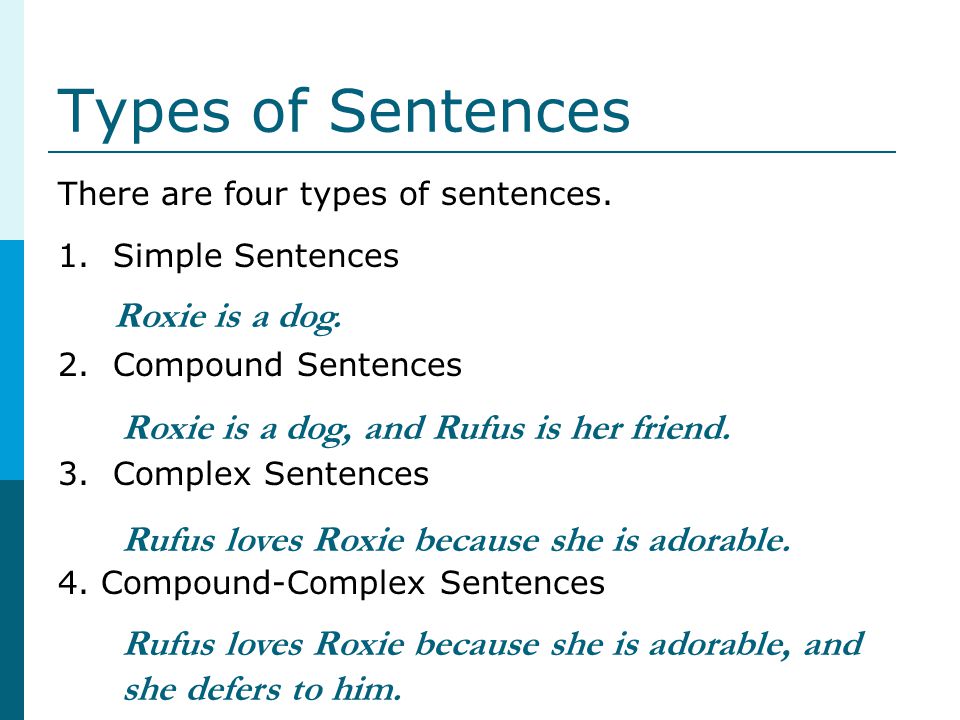
A sex addict’s compulsions mean they may never find true fulfillment no matter how many times they cheat on a spouse. They are trapped by their own obsessive needs and may feel powerless to control their desires.
Like one night stands, sex addicts rarely want their marriages to fail. But they also recognize that a marriage can’t meet all of their sexual needs. It’s an internally destructive pattern that can cause significant problems if left untreated.
Spouses of sex addicts have a difficult time coming to grips with this type of affair because it happens a lot. It’s also difficult to justify having empathy for sexual addiction, even though people do just that for other types of addictions, such as with drugs or alcohol. It is hard for some spouses to fully understand what drives this kind of behavior. That said, sexual addiction is real and requires treatment for recovery.
One way to make more sense of sex addiction is that the body produces a lot of hormones and neurotransmitters during sex. This produces the same chemical “high” like drugs or alcohol. An ongoing pursuit of that high can lead to repeated behaviors despite escalating risks.
This produces the same chemical “high” like drugs or alcohol. An ongoing pursuit of that high can lead to repeated behaviors despite escalating risks.
Addiction can also extend to sexual behaviors such as viewing pornography, cybersex, going to strip clubs, prostitution, masturbation or other destructive behaviors. Sex addicts are overcome by their desire to fulfill their longings in any way possible. They repeatedly attach themselves to people and behaviors to meet their needs.
Are You a Sex Addict?These questions may help you to identify possible signs of sex addiction.
- Do you think your sexual behavior is out of control?
- Do you use the internet for erotic or sexual purposes?
- Have you ever engaged in sexual activity in exchange for money or gifts?
- Have you tried to stop or reduce certain sexual behaviors?
- Do you keep your sexual behaviors hidden from your spouse?
- Would you experience negative consequences if others found out about your sexual habits?
- Do you ever have cruel, abusive, and even violent to the other sex as a means of trying to gain control over them?
- Has sexual behavior impacted other parts of your life such as your job, friends or leisure activities?
- Have sexual fantasies become a way for you to escape your problems?
- Do you ever feel bad or guilty about your sexual behavior?
- Are you preoccupied with sexual thoughts or behaviors?
- Do you have no emotional attachment to your affair partners but view them only as conquests?
- Are you insecure or a habitual liar?
If you answered “yes” to any of these, you may have a sexual addiction problem.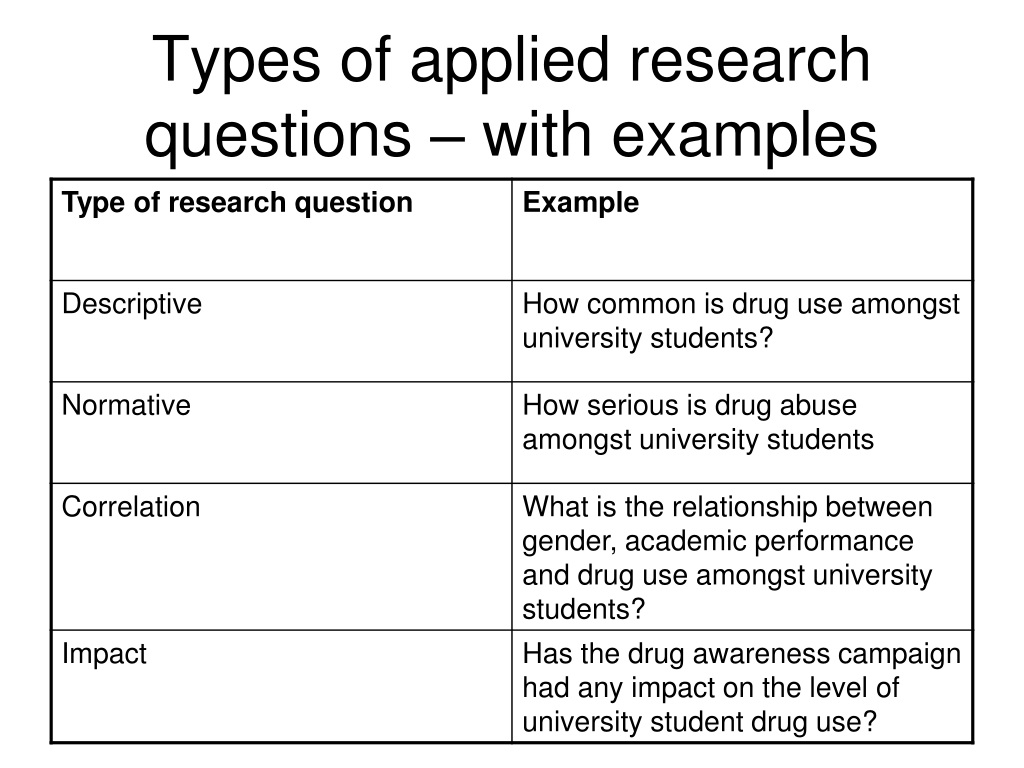 Consider seeking treatment from a trained professional to resolve these issues.
Consider seeking treatment from a trained professional to resolve these issues.
5. The Love Addict’s Affair
There is a difference between love and sex, and that means there are also two different types of addiction affairs.
Although love addiction affairs do involve sex, the compulsion and obsession are centered on the relationship and not the physical interaction.
You might also call this the eternal search for “the one,” the soulmate, or Mr. or Mrs. Right.
The problem is that it’s pretty much impossible to sustain the intensity of the emotions that happen during the initial stages of the relationship. This ongoing search leads to frustration, depression and the hope that a future relationship will be even more satisfying, which is never the case.
These types of affairs tend to happen more with females who are indifferent about their marriages. They typically aren’t capable of rationally judging the shortcomings of an affair partner, or if they do, they tend to undervalue what those shortcomings are.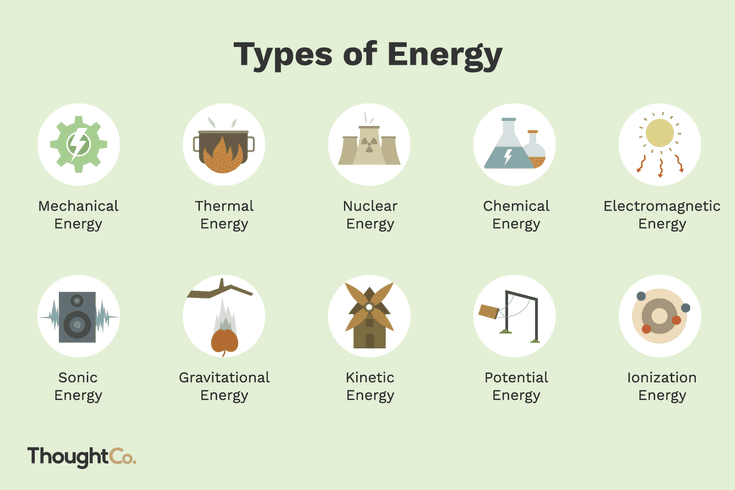
A love addict will often complain about the lack of love in their current marriage and may even admit that they married the wrong person. In some cases, they may be okay with their marriage, but feel they can do better.
The love addict will spend inordinate amounts of time also obsessing over what their affair partner thinks of them, trying to get a read on their feelings. This can lead to wholly unrealistic expectations that end in disaster.
6. The “Screw You” Revenge Affair
You’ve heard the phrase, “don’t get mad, get even”?
In this type of affair, that’s modified to “get mad AND get even.”
Marital affairs that take place as a form of revenge or retaliation against a current spouse can be dangerous. That’s because there’s often an element of making sure the spouse in the affair lets the other spouse know they’ve been cheated on.
As you might guess, these can lead to ugly separations and contentious divorces.
Narcissists often will initiate these kinds of affairs as a way to maintain an upper hand in a relationship. It’s messed up when this kind of thinking goes on, but it does happen. In fact, a narcissist is more likely to have an affair with a spouse’s close relative or friend so that when the affair is uncovered, the damage is especially traumatic and devastating.
It’s messed up when this kind of thinking goes on, but it does happen. In fact, a narcissist is more likely to have an affair with a spouse’s close relative or friend so that when the affair is uncovered, the damage is especially traumatic and devastating.
Regardless of the situation, revenge affairs are always about making the other spouse pay in pain. A spouse will no longer play by any kind of rules and if their self-esteem has been damaged, a revenge affair is a perfect way to feel better by knowing they are desired by someone else.
“Revenge affairs are always about making the other spouse pay in pain.”
The problem is, revenge affairs have just the opposite effect. You feel worse after this type of affair, not better. Essentially, it’s a case of “two wrongs don’t make a right.” Even if your spouse gives up their dignity, giving up yours is not a solution.
Most other types of affairs are not done intentionally to hurt the other spouse.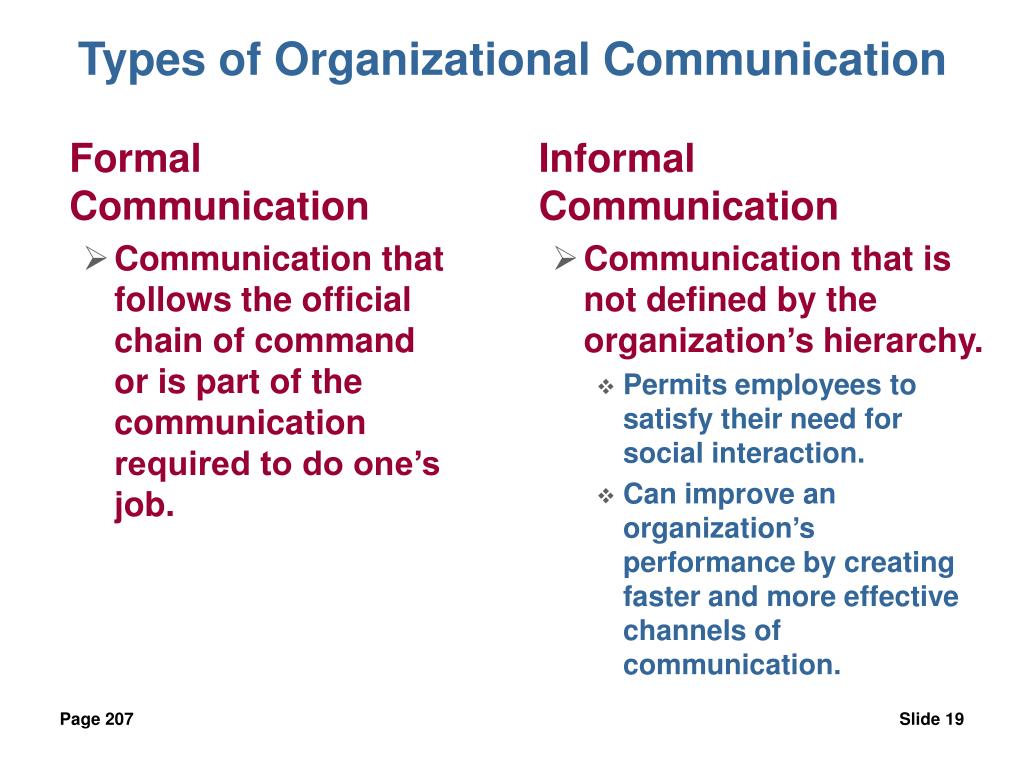 In fact, many times a spouse will go to great lengths to avoid discovery that would lead to a devastating emotional blow to their mate.
In fact, many times a spouse will go to great lengths to avoid discovery that would lead to a devastating emotional blow to their mate.
But a revenge affair is different. It’s entered into specifically with the intention of hurting their spouse.
There is another victim in a revenge affair. The person you have the affair with is being used by you in a selfish way. The person probably didn’t do anything to you to deserve being used in that way. You may lie to that person in the throes of passion, but you’re still going to carry around a big bundle of guilt regardless.
One interesting sidebar to note is that after men find out their partners have had an affair, they’re more apt to commit domestic violence. Women, more often than not, are the ones who resort to revenge affairs.
7. The Strictly Online Cyber Affair
It’s a thoroughly modern type of affair.
Cyber affairs, even though they take place strictly online, are no less dangerous or damaging than any other kind of affair.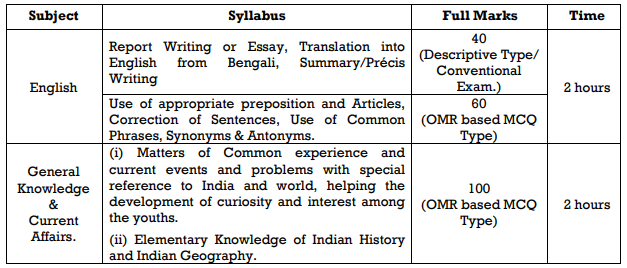
It may be anonymous in many cases, but the same emotional and sexual overtones are present. When you invest in an affair online, by texting, email or a webcam, you’re still sucking energy out of your existing marriage.
However, instead of winding up at a seedy motel, you may wind up in a seedy chatroom.
Some people do challenge the notion that if there is no physical contact or actual sex, is it still an affair?
Ummmmm, yes.
Cheating is cheating. No matter how you slice it.
Intimate chat sessions, cybersex, filming sex acts with a webcam or other similar actions still trigger the same feelings as they would in a face-to-face affair.
The benefit of cyber affairs is that cheaters can create any persona they want. You can take time in choosing what you want to say, create an avatar that hides your flaws and move at whatever speed you feel comfortable. Fantasy is a significant element of cyber affairs.
8. The “Out-The-Door” Exit Strategy Affair
This type of affair happens when you want to expedite the end of your marriage.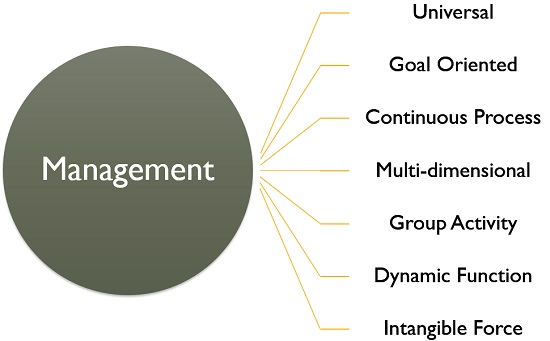 It’s not exactly self-sabotage for your relationship, but then again, it is. This may be the result of tension, resentment, and distrust that builds over a long timeframe.
It’s not exactly self-sabotage for your relationship, but then again, it is. This may be the result of tension, resentment, and distrust that builds over a long timeframe.
Despite the vows of marriage, some are destined to end before death do us part. You may realize you’ve changed, or that you married the wrong person for the wrong reason. The affair is simply your exit strategy. It’s also a way of starting to mentally and emotionally prepare for the next chapter in your life.
These types of affairs help to make up what may be lacking in a marriage for a long time. In some cases, these types of affairs can last a long time as a marriage slowly dies. The affair partners may often talk about starting a new life together but only after current commitments end.
Having these types of affairs also dramatically undercuts the ability to try and save an existing marriage. However, affairs of this nature end up being just as unsatisfying, and a partner may go back to trying to make their existing marriage work.
In some cases, an out-the-door affair may be the result of some major life change, such as all the kids finally leaving home, or when one spouse retires. Grey divorce often accompanies this type of affair.
Other times, a spouse may have been contemplating leaving for years, and finally works up enough courage to take the steps necessary to leave, including having an affair.
One other thing to note. Statistics indicate that people in these types of affairs rarely end up married to each other. And even when they do, the marriage doesn’t last very long. That’s because the lover is simply the tool the cheater used to leave the marriage.
Financial Infidelity
Financial infidelity has all the same looks, feelings and emotions as traditional sexual affairs.
Betrayal. Loss of trust. Guilt. Shame.
And the added dimension of financial insecurity as well.
Just like other types of affairs, financial cheating results from one spouse hiding bad behavior from the other.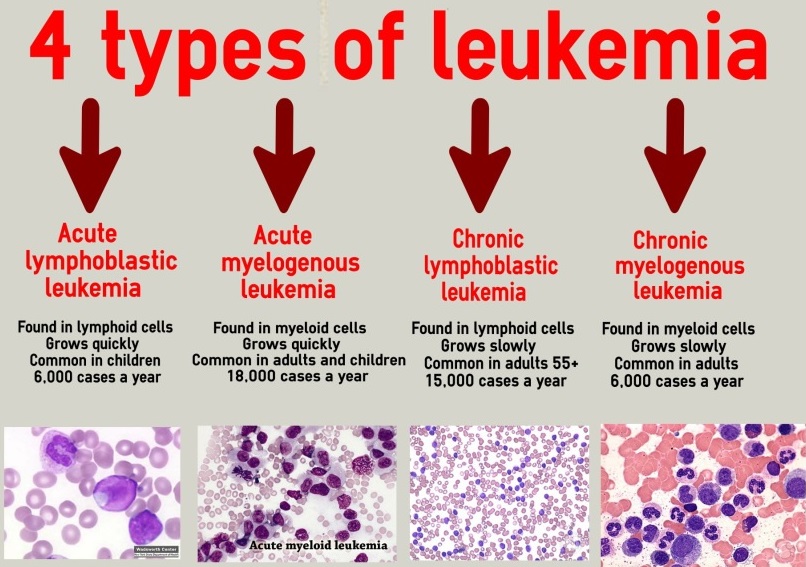 This can be much easier when one spouse is put in charge of family finances and the other spouse trusts that the spouse in charge will do the right thing.
This can be much easier when one spouse is put in charge of family finances and the other spouse trusts that the spouse in charge will do the right thing.
Sometimes, there is a compulsive spending behavior, gambling problems, or a blind spot when it comes to understanding how money and finances work.
Warning: Expect your spouse to juggle accounts and funds around if you start asking questions. If pressed, you’re likely to hear vague generalizations or rationalizations.More than likely, there will be attempts to cover financial misdeeds. Multiple credit cards may be opened. Or secret accounts will be established. Monitoring mail for monthly credit card statements may be the norm as a way of hiding problems.
If you suspect a financial affair is taking place, look for evidence in receipts, bank statements and other types of proof so that you can confront your spouse. Just like any other type of affair, expect denials. This is why you need to back up your claims with facts.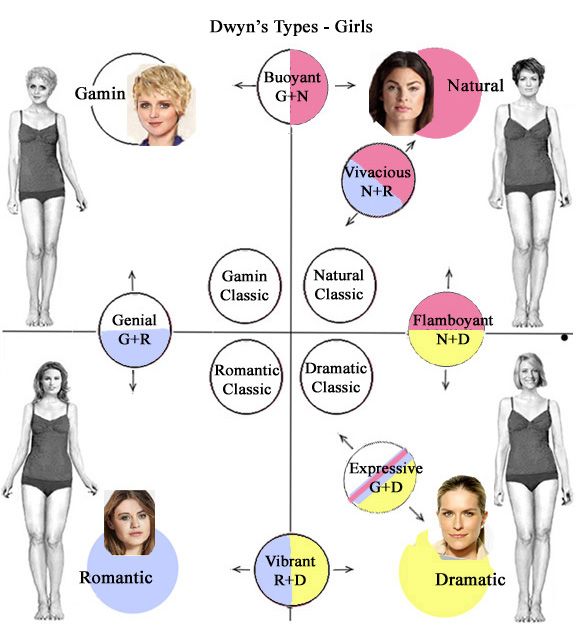
It’s not uncommon for both spouses to be financial cheaters. Depending on the rules of the marriage, each may have their own separate accounts, hopefully, known to the other spouse, but not always. It can be just as devastating to find your spouse has been hoarding thousands of dollars as it can be when you find out they’ve been sleeping with somebody else.
Like sexual and emotional affairs, money affairs do break up marriages. When you discover a financial affair that has been taking place, you need to take stock and decide how to best recover. Start by looking at the root causes, including how you may have contributed to the problem. It’s a process that’s going to take time to fix.
Essential Reading:
- 38 Telltale Signs That Your Husband is Cheating
- 37 ½ Signs Your Wife is Cheating on You
- Infidelity: Is Cheating a Deal Breaker?
18 types of novels and their characteristics (with examples) / Literature | Thpanorama
There are different types of novels according to the classification that is taken into account.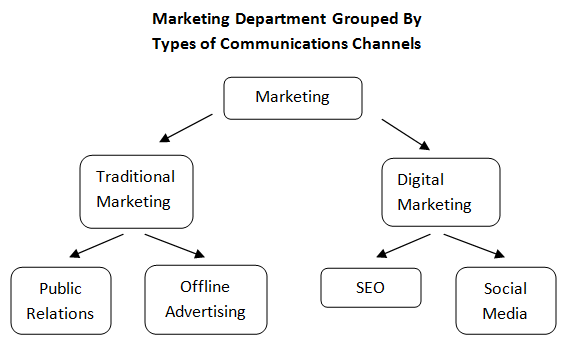 Depending on the market for which they are intended, novels can be commercial or literary. The first are those that are destined to generate money.
Depending on the market for which they are intended, novels can be commercial or literary. The first are those that are destined to generate money.
The second ones are those that are intended for creativity. Note that these two categories are not exclusive, so a work can be commercial and literary at the same time. nine0005
In other cases, works are classified according to the veracity of facts in fiction and are based on real life. Firstly, the story is not real, and secondly, the events actually happened.
Finally, novels can be classified according to their genres, in science fiction, fantasy, life drama, psychological thriller, horror, romance, mystery, comedy, drama, biographical, epistolary, detective, dystopian, among other genres..
These types of novels will be explained below.
Types of novels by market
Based on market acceptance, novels can be commercial or literary. Commercial novels are those aimed at high sales.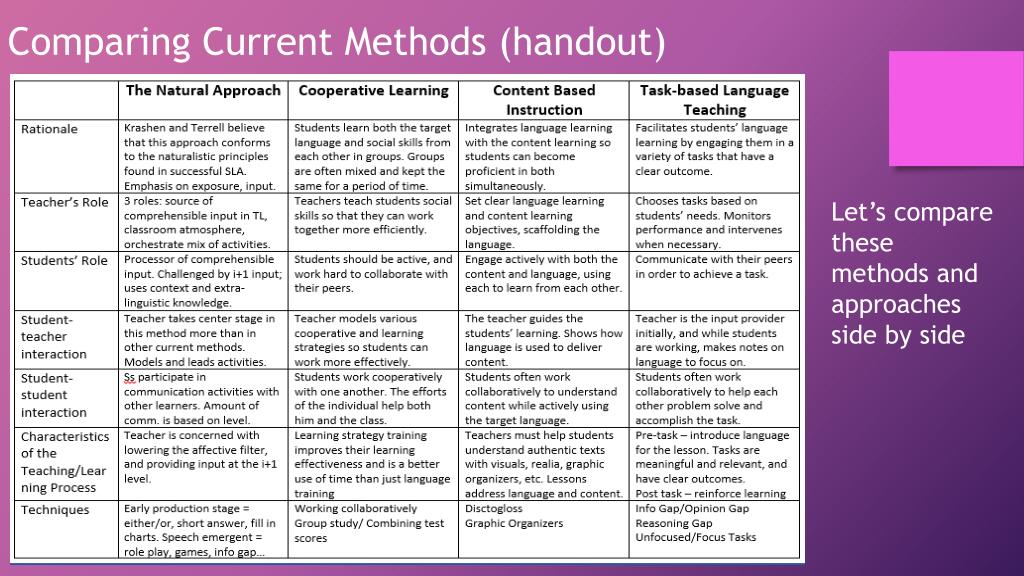
Commercial novels usually the best sellers , a title given to bestsellers.
For their part, literary novels are those that are closer to creativity. They are not intended to generate sales, but should be accepted by the canons of the literature. nine0005
It must be emphasized that some novels may belong to both groups: they are literary works so important that they bring in large sales.
Types of novels according to the veracity of the facts
According to the veracity of the facts that make up the plot, novels can be fictional or based on real events.
Fictional novels tell facts that did not actually happen, which are the product of the author's imagination. nine0005
On the other hand, novels based on true events are about events that actually happened. In some cases, authors take licenses and change certain facts.
Types of novels by gender
According to the predominant genre in novels, they can be of different types.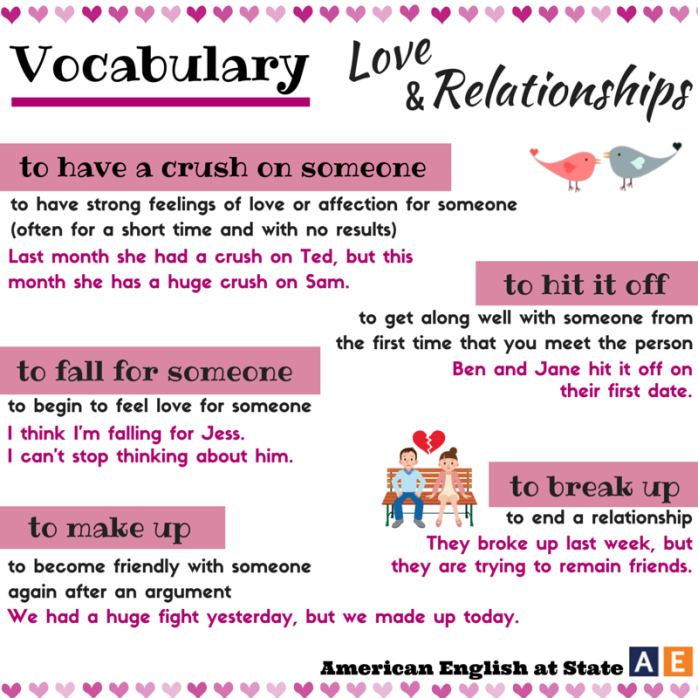 Below are some.
Below are some.
Realistic novels
The purpose of realistic novels is to make the events told seem real. Represents strong characters who develop in an environment with real social problems and perform daily activities. nine0005
In this type of novels, the social structure of reality is successfully copied, which contributes to its realism.
An example of a realistic novel is To Kill a Mockingbird by Harper Lee.
Epistolary novel
Epistolary novels are those in which the story is told with the help of various documents: letters, telegrams, diaries. A typical epistolary novel consists of letters only.
Examples of epistolary novels are Stephen Chbosky's The Benefits of Invisibility, Ava Dellair's Love Letters to the Dead, Colored Purple, and Bridget Jones's Diary by Alice Walker. nine0005
Bram Stoker's Dracula is an example of an epistolary novel that includes not only letters but also diaries, telegrams, phonograph transcriptions and newspaper articles.
Historical novels
events. For a novel to be considered historical, the narrative events must belong to a period prior to the one being written.
Novel written in 1800, set in 1799
Historical novels can be fictional or based on real events. In the first case, the author simply takes a historical scenario and includes his characters.
In the second case, the author tries to recreate historical events by turning real people into characters from his novel.
An example of the first case is Umberto Eco's The Name of the Rose. An example of the second case is the saga "Los Reyes Malditos". nine0005
Autobiographical novel
Autobiographical novels are those that reveal information about the author's life. The writer or novelist takes elements of his life and mixes them with the plot of the novel.
Some examples of this genre are Virginia Woolf's Al Faro, Maya Angelou's I Know Why the Caged Bird Sings, Ralph Ellison's The Invisible Man, and Charles Dickens' David Copperfield and Great Expectations.
Educational novels
Educational novels explore the emotional and psychological evolution of a character. Originally from German bildungsgroman which literally translates as "a novel of education or growth".
Three stages are usually distinguished in this type of novel: youth, pilgrimage, and perfection. A novel can tell the whole life of a character or just a period of it.
J. D. Salinger's Watchman among the Rye is an example of an educational novel. Other examples of teaching novels are Jane Eyre by Charlotte Bronte, The Magic Mountain by Thomas Mann, and David Copperfield by Charles Dickens. nine0005
Science fiction novels
Science fiction novels are based on technological elements that demonstrate advances in this field. Science fiction novels offer alternative worlds that answer the question "what if...?".
For example: what would happen if aliens conquered the Earth? What happens if humans are forced to leave Earth? What would happen if you could travel into the past?
Examples of science fiction novels are The Time Machine and The War of the Worlds by H. G. Wells, Ender's Game by Orson Scott Card, and Diamond Age: An Illustrated Guide for Girls by Neil Stevenson. nine0005
Dystopian novels
Dystopian novels are those that feature a futuristic, technologically advanced society. They are also known as "dystopian" because they oppose utopia (ideal place).
All dystopian novels are fantasy novels because they represent technologically advanced societies..
Some examples of dystopian novels are George Orwell's 1984, Ray Bradbury's Fahrenheit 451, Aldous Huxley's Happy World, and Do Androids Dream of Mechanical Sheep? Philip K. Dick.
Utopian novels
Unlike dystopian novels, utopian novels represent completely perfect societies.
The most outstanding example of a utopian novel is Thomas Moore's Utopia, who coined the term "utopia" from two Greek words. or and are clichés , which literally translate to "nowhere".
Other examples of utopian novels are Sir Francis Bacon's New Atlantis, Daniel Defoe's Robinson Crusoe, and Jonathan Swift's Gulliver's Travels.
Fantasy novels
Fantasy novels include imaginary worlds, as in fantasy novels and dystopian novels. However, the central theme in these novels is magic. They may include sorcerers, sorceresses, fairies, among others. nine0005
Examples of fantasy novels are the Harry Potter saga by J. K. Rowling, the Lord of the Rings saga by J. R. R. Tolkien, the Narnia saga by C. S. Lewis, the Mysteries of the Immortal Nicholas saga. Flamel" by Michael Scott and "Peter Pan" by James Barry.
Detective novels
In detective novels the protagonist is a police officer, private detective or investigator who tries to solve a crime. Agatha Christie, novels and stories by Arthur Conan Doyle starring Sherlock Holmes and John Watson..
New Fiction Fiction
Fiction novels mention a type of printing typical of the twentieth century, which was very economical and therefore contributed to the mass consumption of these texts. This type of novel spawned other genres such as detective and science fiction.
Some examples of these novels are The Call of Cthulhu by Howard Philip Lovecraft, Tarzan and the Apes by Edgar Rice Burroughs, The Curse of Capistrano by Johnston McCully (whose main character is Zorro). nine0005
Horror novels
Horror novels are about events that tend to terrify the reader. Some examples of horror novels are The Shining by Stephen King and In the Crypt by Howard Philip Lovecraft.
Mystery novels
Mystery novels usually focus on a crime (usually a murder) that must be solved by the characters.
In this sense it is connected with detective novels. Note that all mystery novels are mystery novels, but not all mystery novels are mystery novels. nine0005
An example of a mystery novel is Umberto Eco's The Name of the Rose and The Girl on the Train. Usually it is about death, decay and inevitable tragedy.
It is usually installed in old castles, old buildings, haunted houses and churches in ruins.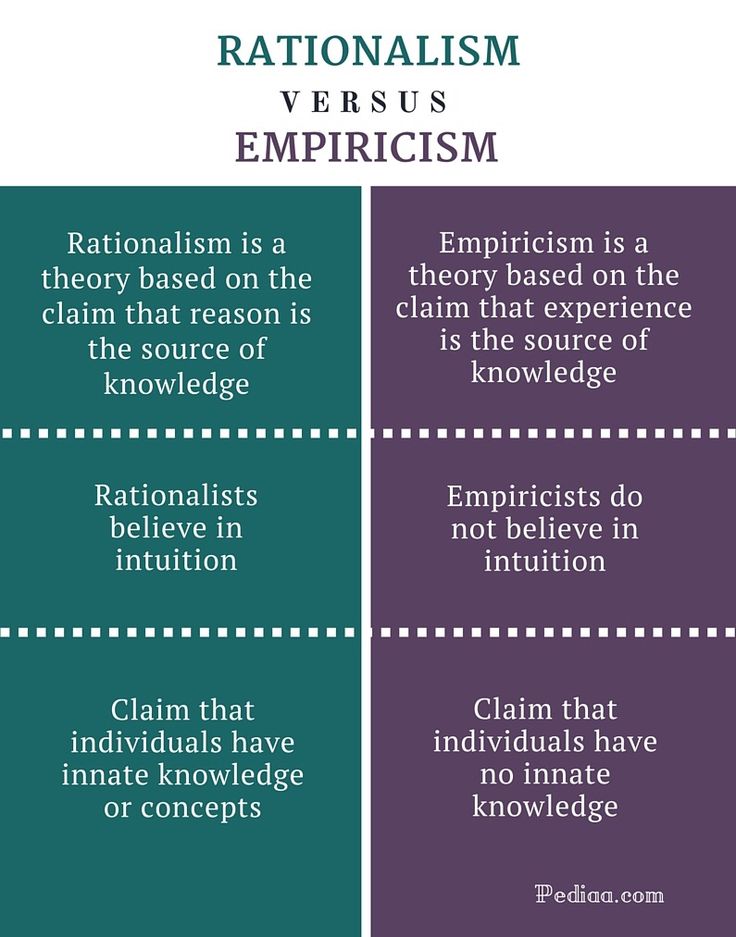
The most prominent gothic novels are Bram Stoker's Dracula, Mary Shelley's Frankenstein or the Modern Prometheus, John William Polidori's The Vampire, Horace Walpole's The Castle of Otranto, and Matthew J.'s The Monk. Lewis,
Jeans novels
Westerns, also called cowboy novels, are a type of novel that is usually set in the far western United States. That is why they are called westerns (in English, west means west).
In general, these novels tell about events that took place in the 19th century. It includes elements such as cowboys, Native Americans, struggles between natives and settlers, ranch life in the west, local justice, and more..
Examples of cowboy novels are Owen Wister's Virginia, O. Henry's Heart of the West, Edward White's The West and Arizona Nights.
Picaresque novels
Picaresque novels are novels that tell about the adventures of an antihero or antiheroin who fall into this category for not following the customs of the time.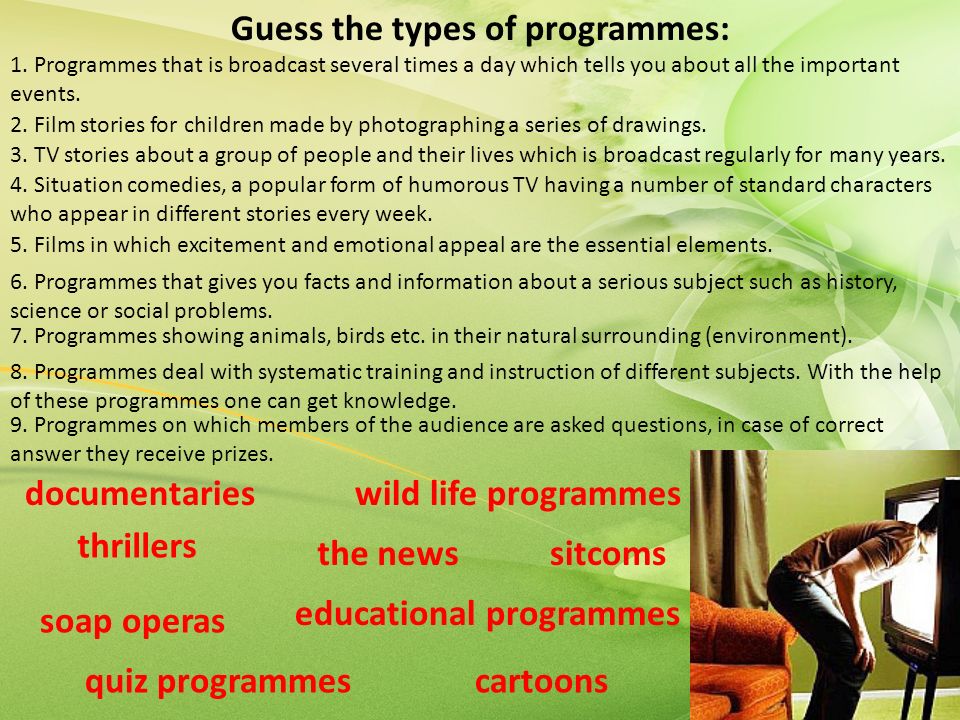 .
.
The main characters are crooks. That means they are cunning, rascals, with a tendency to lead a bad life.
The picaresque novel originates in Spain, during the golden age. It is believed that the first novel of this genre is "El lazarillo de Tormes" (1564). However, it was the work of Mateo Alemán that made the genre popular. nine0005
In the novels of Picarez, elements of everyday life of the 16th century are included, for example: pastoral life.
The purpose of this novel is to criticize the customs of the time with the help of satire. This type of romance may evoke moral contemplation, however this is not the primary purpose of them.
Some examples of marvelous novels are Quevedo's "La vida del Buscón" and "The Genius Hidalgo Don Quixote de la Mancha".
Satirical novels
Satirical novels are those that attempt to ridicule this or that element in order to cause a change in the reader's opinion, or at least a reaction.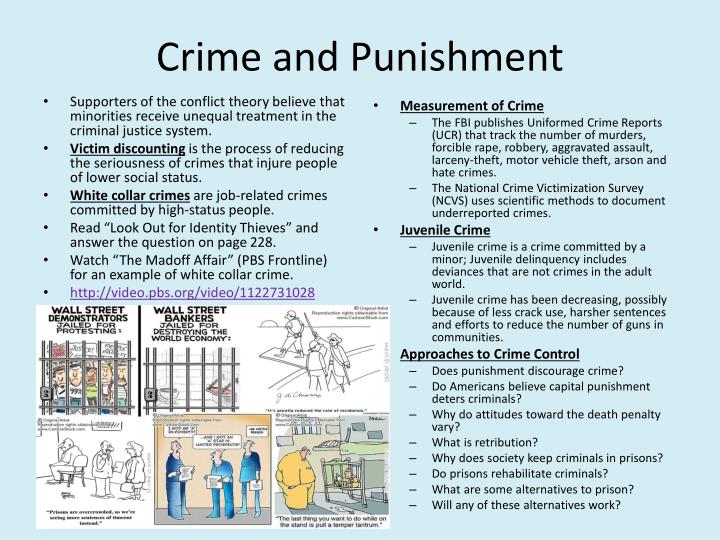 nine0005
nine0005
Satirical novels show the author's opinion about a particular situation and, in general, offer an alternative that can improve this situation.
Examples of satirical novels are George Orwell's Farm Revolt, Jonathan Swift's Gulliver's Travels, and Mark Twain's The Adventures of Huckleberry Finn.
Allegorical novels
Allegorical novels are novels in which a story is used to represent a different situation. In this sense, the plot of the novel has a symbolic meaning beyond the spoken words. nine0005
In general, allegorical novels include criticism and religious, historical, social, political or philosophical reflections.
Some examples of allegorical novels are William Golding's Lord of the Flies (social criticism), C. S. Lewis's The Chronicles of Narnia (religious reflection), and George Orwell's Farm Rebellion (socio-political criticism).
links
- Types of novels. Retrieved August 8, 2017 from creative-writing-now.
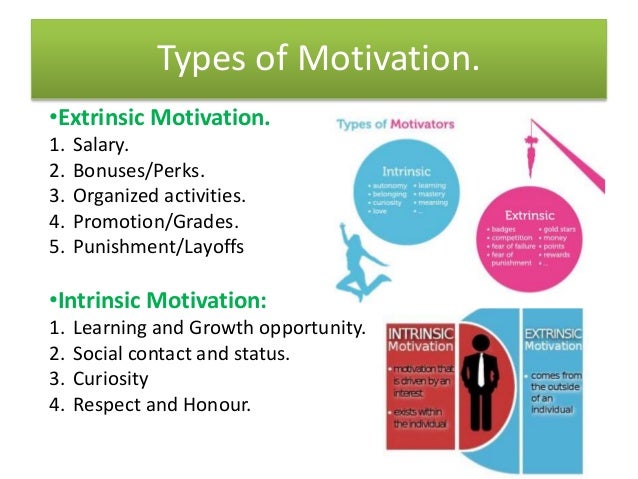 com
com - Roman. Retrieved August 8, 2017 from britannica.com
- Novel Types: A Complete Guide. Retrieved August 8, 2017 from Novell-Writing-help.com
- Various types of novels. Retrieved August 8, 2017 from eng-literature.com
- Types or genres. Retrieved August 8, 2017 from reference.yourdictionary.com.
- Examples of novels. Retrieved August 8, 2017 from examples.yourdictionary.com
- List of writing genres. Retrieved August 8, 2017 from wikipedia.org
- Novels by genre. Retrieved August 8, 2017 from wikipedia.org.
Classes of literary novels, language determines everything
Classes of literary novels.
There are different types of novels, and different ways of categorizing them. One of the oldest ways to classify genres of writing is by the market it is aimed at. Accordingly, novels can be divided into two large groups: novels intended to obtain money (commercial) and novels of a purely artistic origin (literary).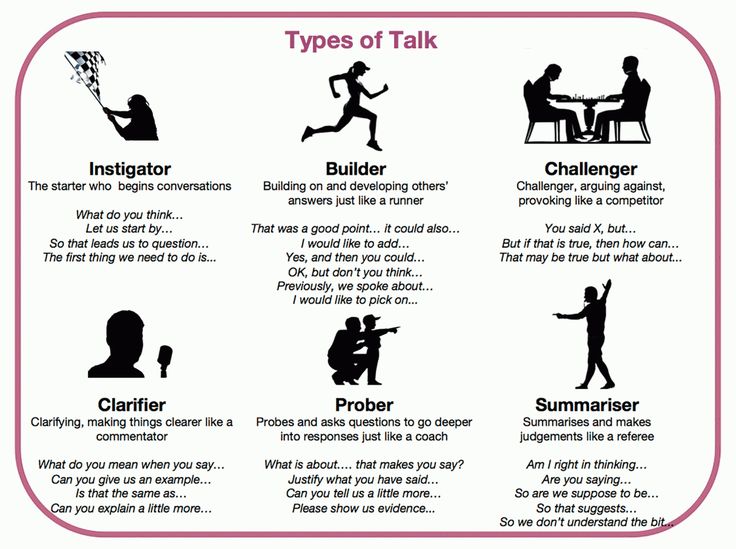 nine0005
nine0005
However, the classification criterion based on the commercial aspect is rather arbitrary, since a novel can be literary and commercial at the same time. Actually, the decisive aspect in the lessons of literary novels is the nature of their plot. That is, if it is based on real events or all part of the author's imagination (or a combination of both).
Index
- 1 The language used defines the sub-genre of the literary novel.
- 2 Realistic novels
- 18 Satirical novels
- 19 Allegorical novels
The language used determines the sub-genre of the literary novel.
The resources used by the storyteller are the most important clues in the classification of literary creation. Therefore, the forms of expression are each writer's "individual signature" to reach the reader, to determine their authenticity. The language used must effectively convey the author's intentions or feelings.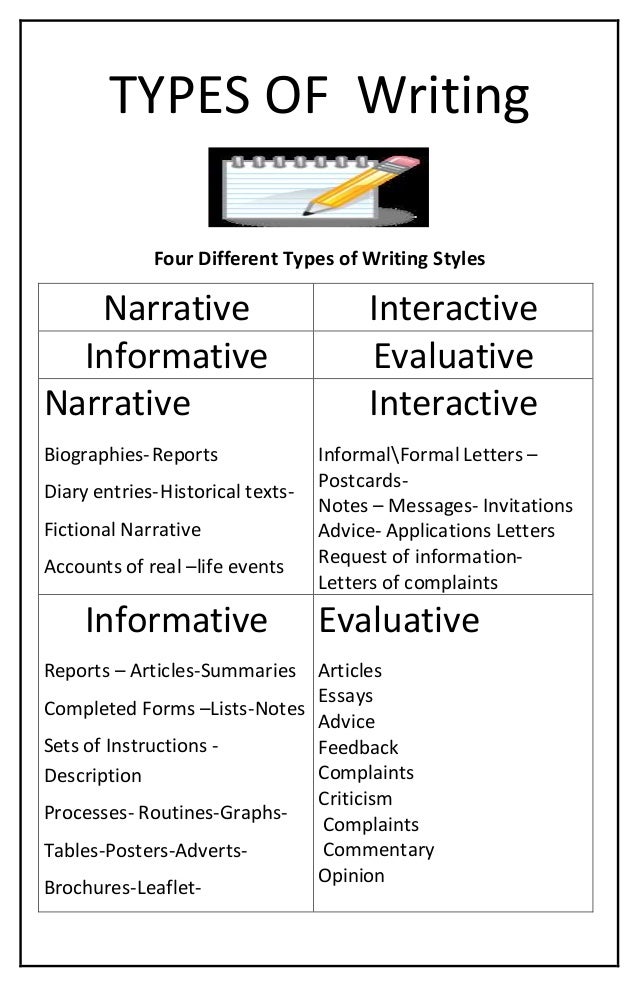 nine0004
nine0004
Otherwise, research done (if any) around the subject will be lost in the middle of reading. For example: a well-documented historical novel can lose meaning or gain meaning only because of the narrative that is created. By analogy, a 100% fictional work can seem completely trustworthy if the writer manages to reach the minds of his readers.
Realistic novels
Realistic novels aim to show events told in a manner very close to reality. nine0004 In general, he describes whole or strong characters in everyday situations in the context of real social problems. Consequently, the social environment is extrapolated in the most accurate way.
These aspects are fully felt in works such as To Kill a Mockingbird (1960) by Harper Lee. In this classic of Anglo-Saxon literature, the author was inspired by her own family, neighbors and an event in her community when she was 10 years old. Other notable titles for this subgenre:
- Madame Bovary (1856) from Gustave Flaubert.
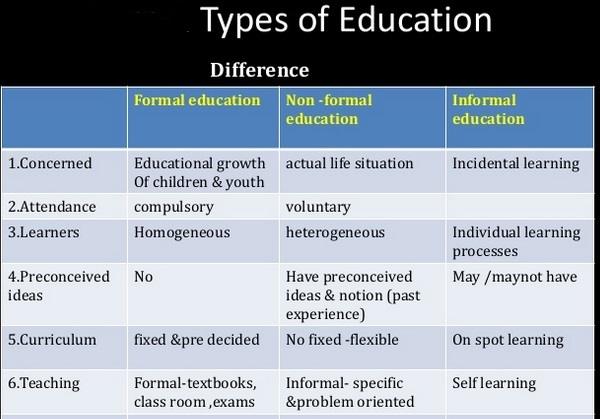
- Ana Karenina (1877) Leo Tolstoy.
- La Ciudad y los Perros (1963) Mario Vargas Llosa.
Madame Bovary.
Epistolary novel
As the name implies, in this kind of novels the plot is narrated through personal written messages. Thus, through letters, telegrams, or personal diaries, the narrator's participation evokes in the reader the feeling of an autobiography. Among the most recent publications, The Benefits of Being Invisible (1999) by Stephen Chbosky is very representative of this subgenre.
Genesis Perks Wallflower (Original English title) features 15 year old Charlie about to start his first year of high school at a new school. His anxiety is enormous due to the suicide of his best friend (Michael) a month earlier and his aunt Helen when he was 7 years old. Therefore, he begins to write letters (without a specific sender) in order to better understand his environment and himself.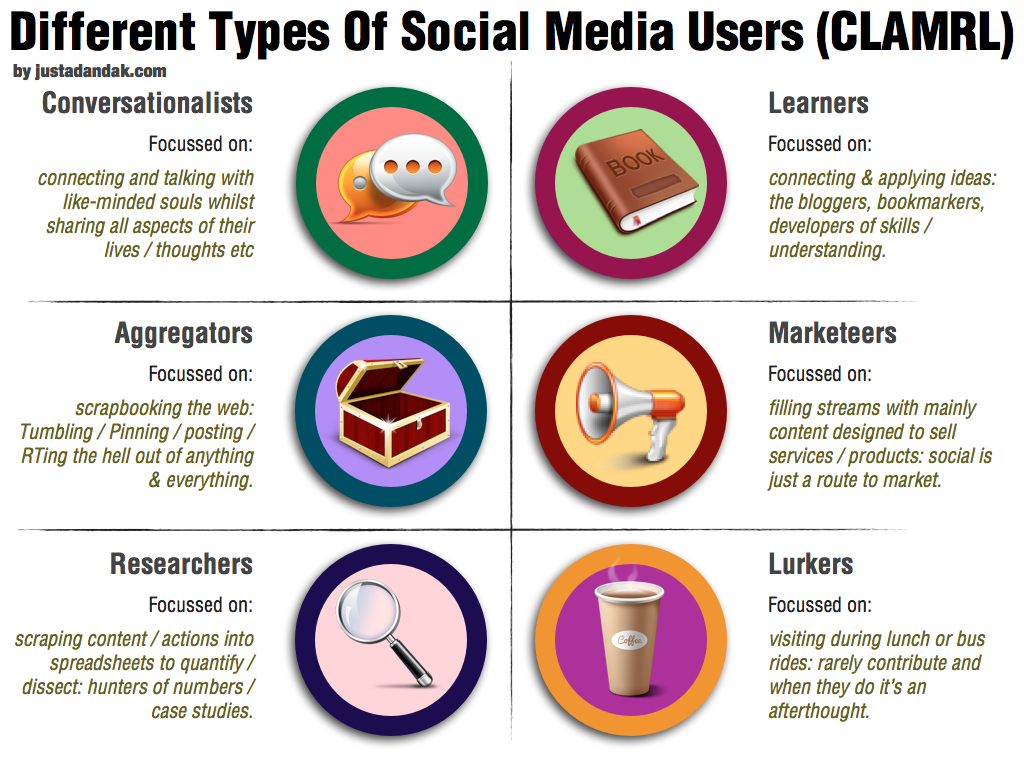 nine0005
nine0005
Other universal epistolary novels:
- Dangerous Friendship (1782) by Hoderlos de Laclos
- papa long legs (1912) Jean Webster.
Historical novels
Historical novels are literary works whose plot revolves around a real past event of social and/or political significance. In turn, this subgenre is divided into the historical novel-illusionism and the historical novel-anti-illusionism. In the first subcategory, the author includes fictional characters in the middle of a real event. These characteristics are evident in books such as The name of the rose (1980) W. Eco.
This book tells of the investigation conducted by Guillermo de Baskerville and (his student) Adso de Melk into a series of murders in a monastery in northern Italy in the 14th century. In the second case, the writer has a much more subjective position. changing (at his discretion) the lives of real people in his narrative. Other legendary works of historical novels:
Other legendary works of historical novels:
- Sinuhe, the Egyptian (1945) Mika Waltari. nine0248
- Absalom! Absalom! (1926) by William Faulkner.
Sinuhé, Egyptian.
Autobiographical novel
These are those that tell about various important moments in the life of the writer, such as achievements, disappointments, suffering, traumas, love ... For this reason, the narrator indicates an introspective position. One of the most famous works of this subgenre is Great Expectations (1860) by Charles Dickens. In it, the author mixes the setting of the novel with many of his personal experiences. nine0005
Educational novels
These are written works that focus on the emotional and/or psychological development of their protagonists. Typically, educational novels consist of initiation, pilgrimage, and evolution. Similarly, they can tell a specific stage or the whole life of the protagonist. Two iconic names for this subcategory are How to Make a Girl (2014) by Caitlin Moran and The Catcher in the Rye (1956) by J. D. Salinger.
Two iconic names for this subcategory are How to Make a Girl (2014) by Caitlin Moran and The Catcher in the Rye (1956) by J. D. Salinger.
Science fiction novels
These are novels based on technological development that offer alternative scenarios for the reality of the current world. Therefore, their predictive approaches must always be justified in terms of the scientific method. The most common theme in science fiction is the failings of humanity and the consequences of such failures.
This type of plot is evident in such works as Journey to the Center of the Earth (1864) by Jules Verne or Female Man (1975) Joanna Russ. Also, The War of the Worlds (1898) by H. G. Wells started popular alien-themed fantasy novels. Similarly, these types of publications about extraterrestrial invasions direct part of their analysis towards the suffering of the human species.
Dystopian novels
Dystopian novels are also considered a branch of science fiction novels. They are a beautiful futuristic society ... but serious hidden flaws that cause discontent - a partial coincidence - among part of its citizens. Among the most recent and popular examples of this genre is the trilogy The Hunger Games by Suzanne Collins.
They are a beautiful futuristic society ... but serious hidden flaws that cause discontent - a partial coincidence - among part of its citizens. Among the most recent and popular examples of this genre is the trilogy The Hunger Games by Suzanne Collins.
Classics of this sub-genre - 1984 (1949) by George Orwell. He describes a London society from the near future when it was published. Where its alienated inhabitants will be organized into two hierarchies, one dictating the rules and the other obeying due to their meager rebellious timber. Another famous dystopian novel title today is The Handmaid's Tale (1985) by Margaret Atwood.
Utopian novels
Utopian novels represent truly perfect civilizations. The term "utopia" was coined by Thomas Moore. from the Greek words "y" and "topos", which translate as "nowhere". One of the oldest titles for utopian novels is New Atlantis (1626) by Francis Bacon. It tells of the arrival of the protagonist in Bensalem, a mythical territory where its best citizens have dedicated themselves to the betterment of society.
It tells of the arrival of the protagonist in Bensalem, a mythical territory where its best citizens have dedicated themselves to the betterment of society.
With the help of "Bacon's method of induction", these "wise people" seek to understand and conquer the elements of nature in order to improve the quality of life for all. Others classic examples of utopian novels are Island (1962) by Aldous Huxley and Ecotopia (1975) by Ernest Callenbach.
Fantasy novels
These are written works based on imaginary magical worlds, so sorcerers are frequent, fairies and may include arbitrary mythological characters. This subgenre includes the great sagas of global distribution on the big screen, among them:
- Harry Potter JK Rowling.
- The Lord of the Rings by JR Tolkien.
- Narnia by CS Lewis.
Detective novels
These are novels in which the protagonist is (or was) a police officer whose plot focuses on investigating a crime. Of course, one cannot talk about detective novels without mentioning the iconic inspector. Poirot Created by Agatha Christie for many of her books. Other generic sub-genre series:
Of course, one cannot talk about detective novels without mentioning the iconic inspector. Poirot Created by Agatha Christie for many of her books. Other generic sub-genre series:
- Books Perry Mason Erle Stanley Gardner.
- The Tales of Sir Arthur Conan Doyle starring Sherlock Holmes and John Watson.
Pulp Fiction
They are considered a commercial product (created for the mass consumption of texts) among detective and science fiction publications. A pulp fiction classic is Tarzan and the Apes (1912) by Edgar Rice Burroughs; one of the first best-selling novels in history. Another work that had a similar resonance was Curse of Capistrano (1919) by Johnston McCully (starring El Zorro).
Horror novels
Horror novels feature disturbing incidents that are designed to instill fear in readers. Stephen King's Glow (1977) marked a milestone in this subcategory.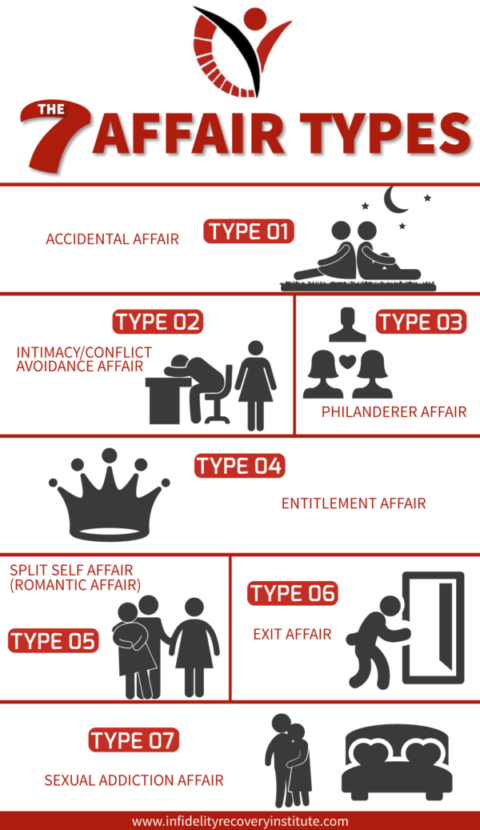 According to the author himself, the name was inspired by an excerpt from the song "We all shine ...". Instant Karma by John Lennon. It was the first ever best-selling hardcover book. nine0005
According to the author himself, the name was inspired by an excerpt from the song "We all shine ...". Instant Karma by John Lennon. It was the first ever best-selling hardcover book. nine0005
Mystery novels
This is a subgenre closely related to the detective novel. It is important to consider the following: all detective novels are in the subcategory of detectives, but not all detective novels star the detectives. These premises are clear in works such as The Name of the Rose by Umberto Eco (which is also a historical novel) and The Girl on the Train (2015) by Paula Hawkins.
Gothic novels
Gothic novels are works containing supernatural, terrifying and/or mysterious elements. nine0004 The theme usually revolves around death, frailty and the inevitability of suffering. Frequent elements of the scenery are old castles, dilapidated buildings (destroyed churches or temples) and haunted houses.
Among the best-known names in this subcategory are the following:
- Monk (1796) Matthew G.
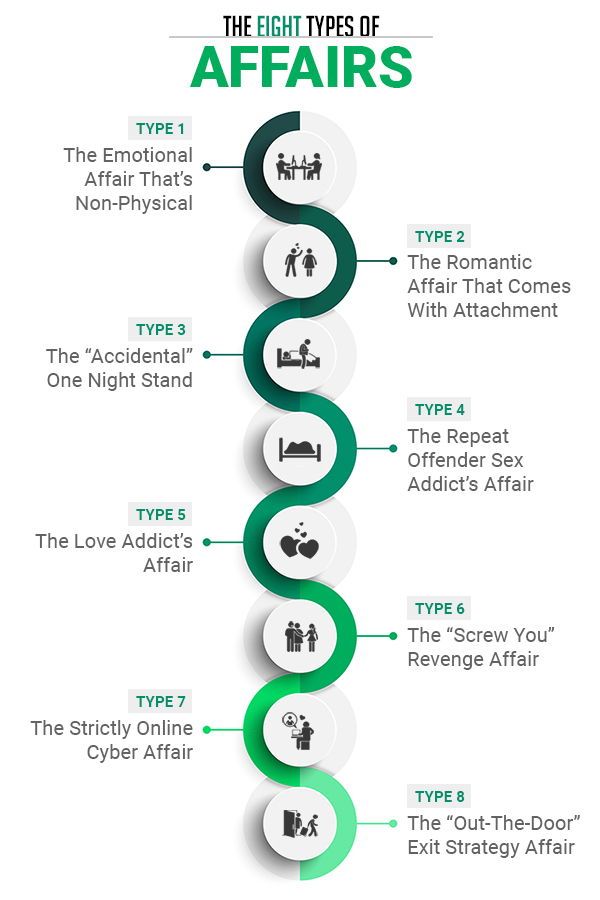 Lewis.
Lewis. - Frankenstein or modern Prometheus (1818) Mary Shelley.
- Dracula (1897) by Bram Stoker. nine0248
Cowboy novels
westerns The action takes place in the far west of the United States (post-Civil War period). In addition to the typical cowboy disputes, they usually include Native American issues in their fight with the settlers. Arguments about local justice and the hardships experienced by cowboy ranches in the late 1900s are also common.
Among the great classics of cowboy novels can be called:
- Virginian (1902) by Owen Wister.
- Heart of the West (1907) and Tales of Arizona Nights Stuart Edward White.
Picaresque novels
This class of novels has unconventional protagonists (anti-hero or anti-heroine), theatrical, prone to breaking the rules of social behavior. Likewise, his characters are almost always cunning or fraudulent, easily indulging in vicious habits. The picaresque novel originates during the so-called "Golden Age of Spain". nine0023 Tormes guidebook (1564) is believed to be the first of its kind.
The picaresque novel originates during the so-called "Golden Age of Spain". nine0023 Tormes guidebook (1564) is believed to be the first of its kind.
However, the works of Mateo Alemán were those who spread the genre, characterized by its critical attitude towards the typical formalities of its time (XNUMXth century). Although picaresque novels may evoke some moral reflection, this is not the main purpose. Probably the most famous classic picaresque novel of all time is The Gentleman of Genius Don Quixote de la Mancha (1605) by Cervantes. nine0005
Satiric novels
These are novels by authors who use ridicule as a neuralgic resource to make the reader think, or at least doubt. This type of reaction is aimed at offering an alternative solution to a specific (problematic or disturbing) situation. Some examples of this subgenus are Animal by George Orwell and The Adventures of Huckleberry Finn by Mark Twain.